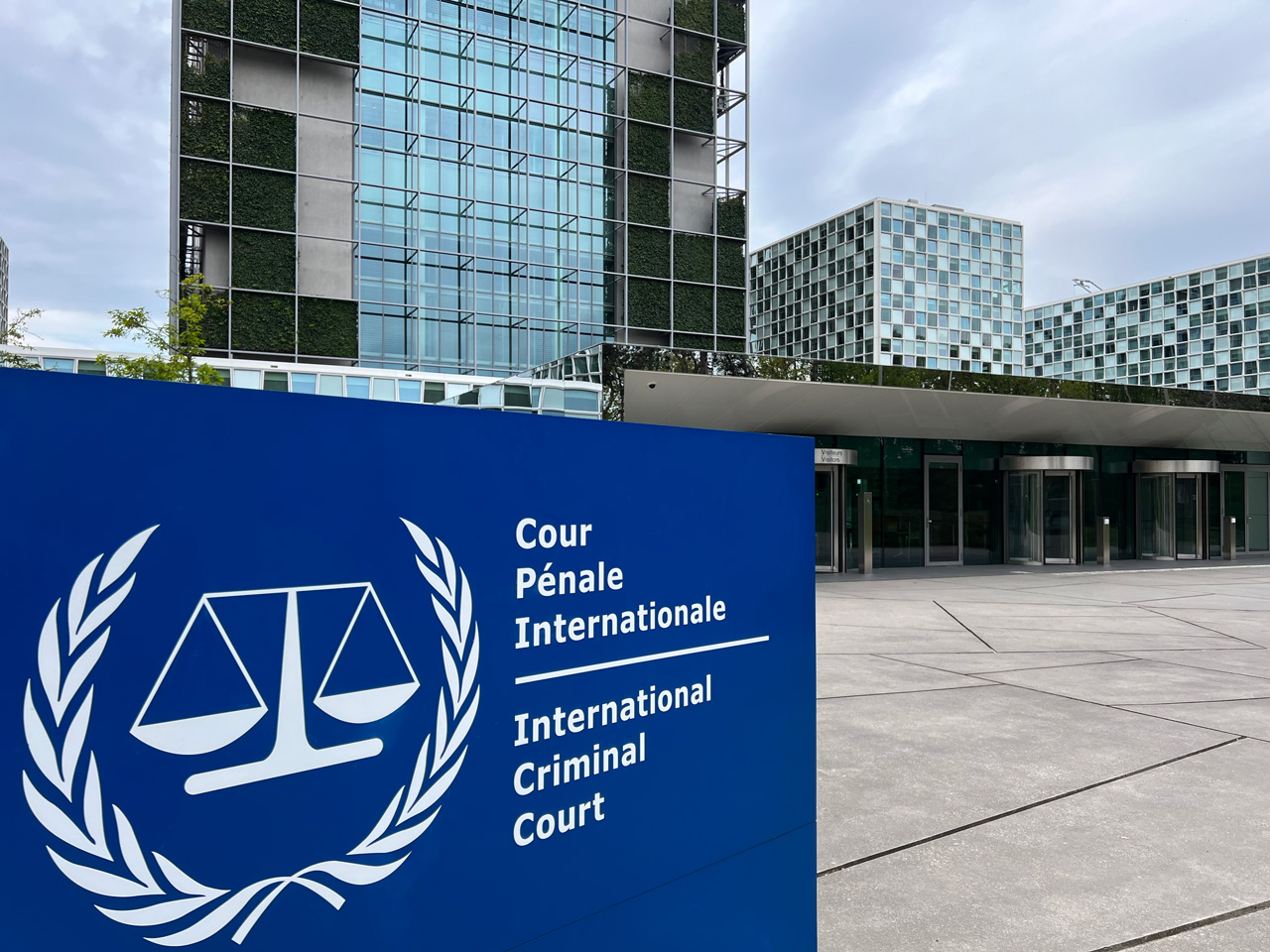The collapse of Bashar Assad’s regime in Syria has opened a critical window for accountability. For more than a decade, Syria has endured some of the most egregious crimes of the 21st century: systematic torture, ill-treatment, indiscriminate bombardments and the forcible deportation of civilians. According to the Syrian Network for Human Rights, a nongovernmental organization (NGO), between March 2011, when the civil war broke out and March 2024, Syrian regime forces killed 201,260 civilians, including 23,039 children, and 15,074 of these victims were tortured to death.
These figures reveal that, on average, 42 people, including five children, were killed in Syria every day over these 13 years. The regime also arbitrarily arrested or forcibly disappeared 136,192 Syrians, including 3,696 children.
With Assad fleeing to Moscow and the Baath regime dismantled, new evidence of these atrocities continues to emerge. Assad’s role as the head of a totalitarian state places him at the center of any credible pursuit of justice for crimes committed under his rule. However, the fundamental question remains: By what legal mechanisms can justice be pursued for the countless victims of his regime?
ICC as a potential venue
The International Criminal Court (ICC) is widely regarded as the most credible and specialized institution for prosecuting crimes against humanity. At first glance, it appears to be the ideal venue for holding Assad accountable.
Yet, the issue of jurisdiction presents a significant challenge. The Rome Statute, which established the ICC, restricts its jurisdiction to two primary circumstances: when the crime occurs on the territory of a state party or when the accused is a citizen of a state party. Syria’s non-signatory status creates a jurisdictional gap, preventing the ICC from automatically prosecuting Assad. However, a legal precedent offers a potential pathway.
In 2018 and 2019, the ICC’s Pre-Trial Chambers ruled that it could exercise jurisdiction over the crime of deportation because one element of the crime (Rohingya refugees crossing into Bangladesh) occurred on the territory of a state party.
In that case, the court determined that this crossing created “a territorial link based on the actus reus of this crime” sufficient to establish jurisdiction. Consequently, the ICC asserted jurisdiction over Myanmar’s actions against the Rohingya community.
This interpretation enabled the ICC to claim jurisdiction over the crime against humanity of deportation “when one element of this crime, or part of it, is committed on the territory of a State Party.”
Following this reasoning, the ICC could investigate crimes committed by Assad’s regime that culminated in Syrian refugees fleeing to Jordan, a state party to the statute.
Referral by the UNSC
Another pathway to ICC jurisdiction lies with the United Nations Security Council (UNSC). Article 13(b) of the Rome Statute allows the UNSC to refer cases to the ICC, even if the state in question is not a signatory. This mechanism was used in the cases of Darfur, Sudan in 2005 and Libya in 2011.
However, when it comes to Syria, a UNSC referral seems unlikely. Russia, a permanent member of the council with veto power, would almost certainly block any resolution to refer Syria to the ICC. Indeed, a similar proposal was vetoed by Russia and China in 2014.
Syria’s national court
The principle of complementarity in international criminal law ensures that the ICC acts as a court of last resort, stepping in only when national judicial systems are unable or unwilling to prosecute.
In the context of post-revolution Syria, national jurisdictions should take precedence. An independent and impartial court would allow the Syrian people to adjudicate the brutal crimes committed against them. National prosecution offers distinct advantages: It reaffirms Syria’s sovereignty, restores law and order, and fosters a sense of ownership over the justice process for the nation.
However, Assad’s current presence in Moscow poses a significant barrier to his prosecution by either Syria or the ICC. Russia has granted him asylum, but changing geopolitical conditions could shift Moscow’s position. Russia’s strategic interests in Syria could lead it to reconsider its support for Assad. In the post-revolution political landscape, extraditing him could become part of a broader agreement between Russia and Syria’s new government.
International support for Syria will also be critical to ensuring fair and effective investigations and trials of crimes committed by the regime. The Syrian judiciary will require resources, training and forensic expertise to handle cases effectively.
Universal jurisdiction
Even in the absence of ICC jurisdiction or Syrian national prosecutions, the principle of universal jurisdiction provides an alternative pathway to justice. Universal jurisdiction allows states to prosecute individuals for certain crimes regardless of where they were committed or the nationality of the accused.
As of 2012, Amnesty International reported that 163 countries had incorporated universal jurisdiction into their domestic criminal law to address crimes such as genocide, war crimes and crimes against humanity.
As reported by the Syria Justice and Accountability Centre, over 300 universal jurisdiction cases related to Syria have been filed across the globe, from Australia to Kosovo. France, for example, filed a suit against Assad in 2018. According to Le Monde, French authorities are currently handling 24 proceedings related to war crimes, crimes against humanity and genocide committed by regime officials and militias.
French courts have so far issued 13 arrest warrants, including one for Assad himself. In a notable trial held in absentia, life sentences were handed down to “Ali Mamlouk, ex-director of the National Security Bureau, Jamil Hassan, ex-chief of the Air Force Intelligence Service and Abdel Salam Mahmoud, former head of the Bab Touma branch of Air Force Intelligence” for crimes against humanity.
The prosecution of perpetrators is both a legal and moral imperative. Whether through the ICC, national courts in Syria or the principle of universal jurisdiction, justice must be pursued for the countless victims of the Baath regime. The international community must act collectively to overcome the barriers to accountability and ensure that the crimes committed under Assad’s governance do not go unpunished.









